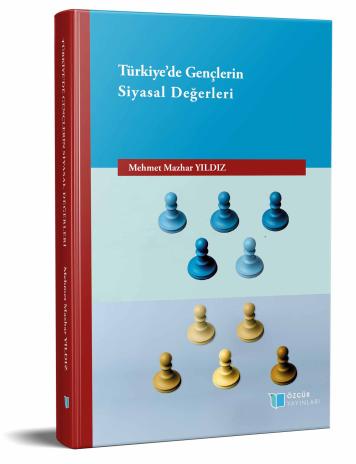
Political Values of Youth in Turkey
Synopsis
The subject of this study is the values of the youth. In the study, the political values of young people of Turkish and Kurdish origin were discussed and the differences and similarities between these two groups were examined comparatively. The political values of young people of Turkish and Kurdish origin were analyzed in three areas: political identity and lifestyle, approach to social life and institutions, and perspective on Turkey's problems.
The research was conducted with a face-to-face survey on 667 young people between the ages of 18-30 living in the provinces of Istanbul, Diyarbakir, Kayseri, Trabzon, and Van, and interviews with 26 young people selected from among them. Young people, who were reached by simple random, and purposeful methods, were included in the research, first separated according to their ethnic identities and then according to age, gender, and education level.
According to the research findings; there are significant differences among young people in terms of political values. Some of these differences are related to the ethnic origin, education and gender of the youth, and some of them are related to the dominant political culture of the provinces they live in. Again, according to the research findings, there was a significant similarity among young people in terms of trust in democracy.
Differences and similarities in political values among young people have emerged as a result of multiple factors, regardless of a specific time or plot. When look at the political history of Turkey in this context, it will be seen that many developments causing social divisions have taken place since the establishment of the Republic: whether for ideological, sectarian or ethnic reasons.

